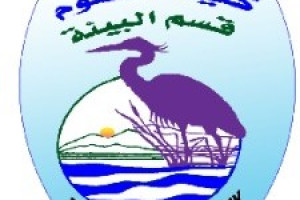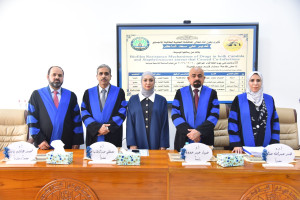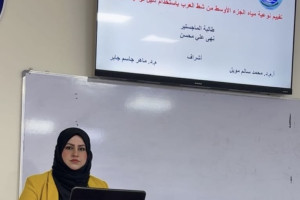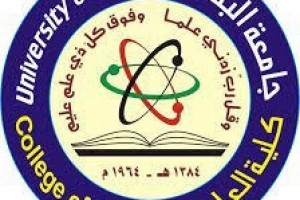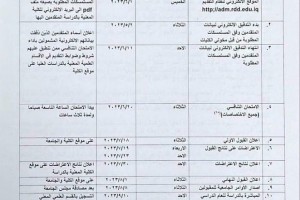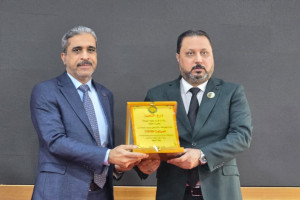
A master's thesis at the college of science at the University of Basrah examined the environmental assessment of hydrocarbon pollutants of soils near oil fields in Basra province, southern Iraq . The thesis presented by the student Magdalena Aziz Rasen aims at a seasonal analysis of eleven strategically selected stations throughout the city of Basrah( Seeb, Safwan, Majnoon, ratawi, barjiseh, West Qurna 2, West Qurna 1, Shuaiba, Rumaila South and North and Zubair) to find out the spatial distribution of pollution in the city of Basrah. The letter concluded that the total hydrocarbons in the current study had the highest concentration during the winter at the station while the lowest concentration was observed during the fall at the crazy station. The seasonal distribution of hydrocarbon hydrocarbons shows that the highest levels at most stations were recorded during the winter and the lowest levels were recorded during the fall . The letter recommended studying and implementing effective treatment strategies such as Phytotherapy (using plants to remove contaminants), or biological treatment (using microorganisms). Environmental monitoring: implement a robust monitoring system for continuous assessment of pollution levels. These data will be decisive in assessing the effectiveness of treatment efforts and in making informed decisions about the suitability of the area for future housing.Green spaces and reclamation: consider converting parts of the area into green spaces or gardens after successful remediation to promote environmental restoration and improve the living conditions of the local community.

